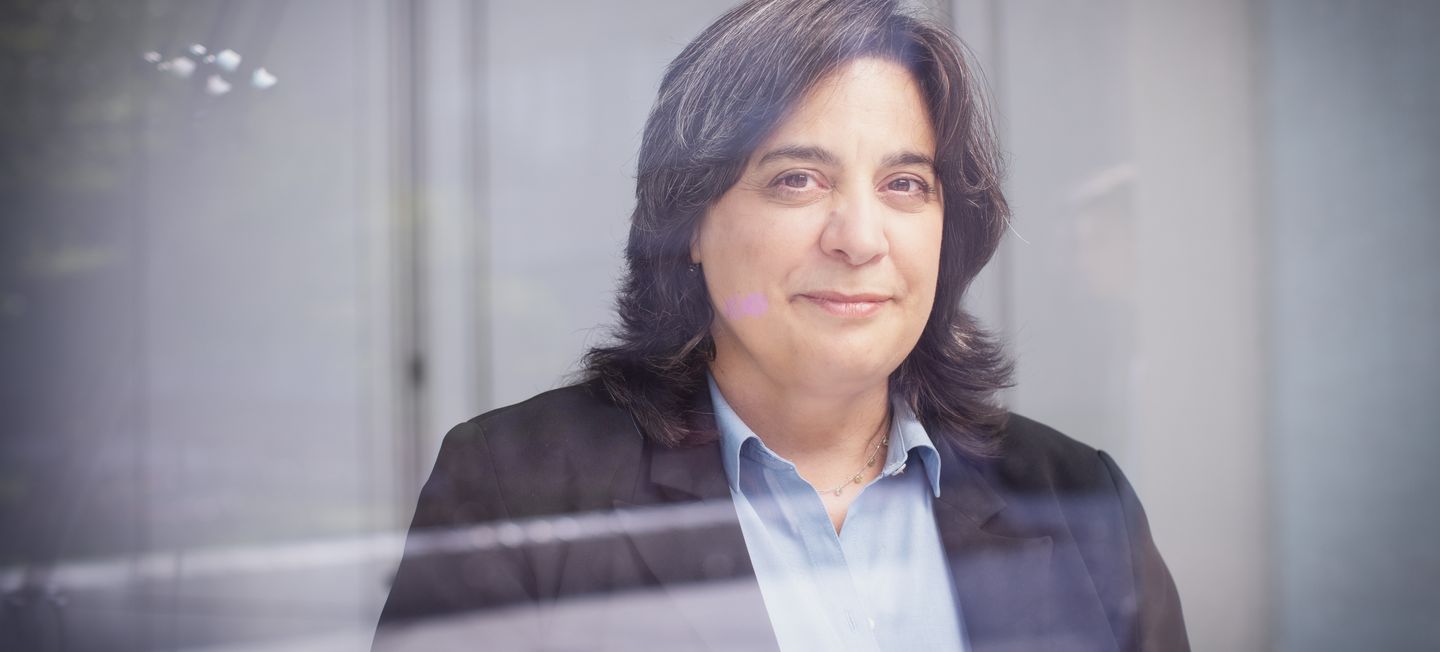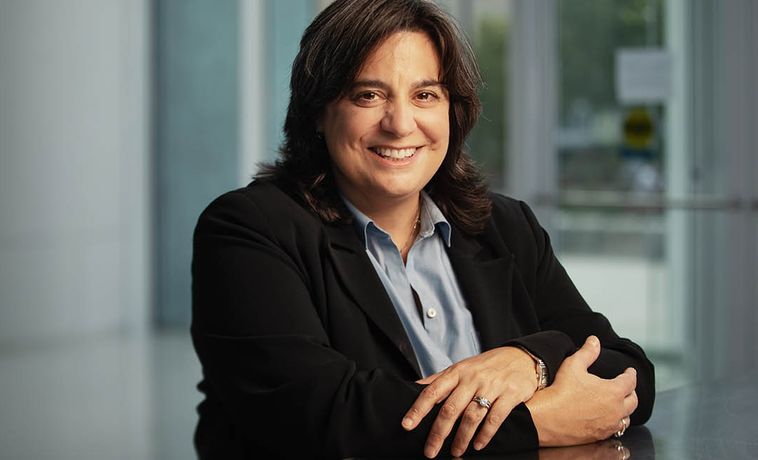Letter to the COM Community

Dear COM Community,
Titles often mask our authentic selves, so let me introduce myself. As a first-generation student, I studied journalism at the Boston University College of Communication. Among my activities here, I was a Dean’s Host (now the COM Ambassadors), on the board of my dorm, and a reporter for The Daily Free Press. COM literally changed my life, putting me on a career path as a science journalist that I would follow for more than 30 years. Today, I love working with the students, faculty, and staff of COM as the dean. I am the mom of one BU grad who is nonbinary and one daughter who is still in college. Like a lot of people, as a young adult I unfortunately experienced unwanted advances and touching. Those who may have had the good fortune to escape this distressing burden themselves have surely had family or friends who have been affected.
Those are among the reasons why I—along with the faculty and staff at COM and at BU—are passionately dedicated to providing an environment that is safe and healthy for all students to learn. After an article last week in The Daily Free Press (and a follow-up article) containing allegations about a faculty member, I wanted to share three words that I hope will be helpful for the COM community in this moment: resources, procedures, and time.
Resources. To be clear, sexual misconduct and other forms of gender-based misconduct are unacceptable. The University’s Sexual Misconduct Policy provides a framework for how the University addresses and investigates allegations of sexual misconduct. The University encourages all community members to report sexual misconduct and sexual harassment by submitting an Incident Report Form. If you would like to learn about your reporting options and the effects of those options, you may review the Sexual Misconduct & Gender-Based Misconduct Resource Guide. All faculty, staff, and students receive University training about on how to identify and prevent sexual misconduct and sexual harassment. At COM, for instance, our Deputy Title IX Coordinator, Ryan Thurston, recently held an additional training to help make sure faculty understand how to proceed if a community member expresses concerns.
Procedures. In the event something does go wrong, the University follows published procedures. You may also find flowcharts explaining the Sexual Misconduct Policy and its procedures on the Equal Opportunity Office’s website. As the recent Daily Free Press article noted, the Equal Opportunity Office even hires external counsel as needed to run thorough and unbiased investigations. If new allegations are reported to the University, then they, too, are reviewed by either the Equal Opportunity Office or the Office of Judicial Affairs.
Time. Students often—and rightly so—demand actions, not just words. And BU does act in response to reported problems. Yet I realize that those actions do not always feel satisfactory because a fact-finding process cannot be done instantly nor are all of the results necessarily shared publicly. There is an inherent tension between the community’s desire to know both immediately and in detail, and the need to take the time to properly investigate the facts and also, out of respect of the privacy of all parties involved, to maintain confidentiality. These protections outlined in the Policy are intended to protect all parties (both those reporting complaints and responding to those complaints) from retaliation, to encourage reporting, and to preserve the privacy of those individuals participating in investigations.
I understand these articles can be difficult to read, and I want to connect you with resources that can provide support. You can find a list of confidential resources here. If you have any questions about the Sexual Misconduct Policy or its procedures, another resource is Jessica Nagle, University Title IX Coordinator at the Equal Opportunity Office. And, as always, I am available to answer questions as well.
Mariette DiChristina, Dean
BU College of Communication

